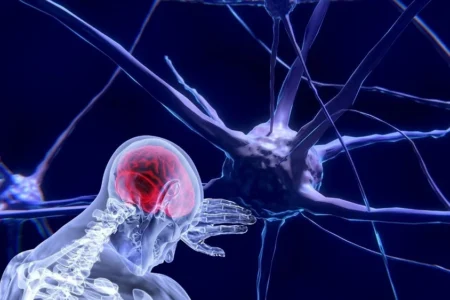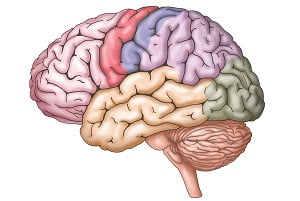
Parkinson’s is a slowly progressing neurological disorder which affects a person’s movements and behavior. Scientists are still working on finding the exact cause which leads to Parkinson’s disease. Some researchers relate it to low levels of neurotransmitters such as dopamine or norepinephrine while others relate it to some hereditary factors. Some studies also suggest that Parkinson’s diseases may develop due to the formation of clumps of protein in the brain known as Lewy bodies.
Every patient of Parkinson’s disease survives and fights with it in a different way. Diet, exercise, medications, etc are essential factors which should not be neglected for a healthy lifestyle. Taking control of your life in your own hand to make it healthy by proper management is a good way to combat with Parkinson’s disease.
Does Parkinson’s affect women differently when compared to men?
Parkinson’s disease is more commonly observed in men than in women. The rate of occurrence of Parkinson’s disease is 50% higher in men when compared to women. Also, there are some behavioral differences felt or seen in men and women with Parkinson’s disease.
A study stated that in women, onset of the disorder is slightly later in age than in men. Women suffer delayed Parkinson’s due to higher dopamine (striatal) levels because of the activity of estrogens. When compared to men, it was also observed that women often show more tremors due to a decline in motor impairment and striatal degeneration. Women also suffer more from dyskinesias and depression during Parkinson’s disease. In men, muscle rigidity and rapid eye movement behavior disorder are more frequent. It is also seen that men suffer from sleep behavior disorder (active physical movements while dreaming) during Parkinson’s disease.
Living with Parkinson’s: What a patient feels when suffering from Parkinson’s disease?
All patients undergo similar problems when suffering from Parkinson’s disease but every patient fights differently in his or her own way. Parkinson’s disease advances with age. There are three stages a Parkinson’s’ patient faces i.e. mild, moderate and advanced.
People suffer from different issues in different stages and encounter different experiences. When we spoke to some patients, they shared their experiences and some incidences with us as listed below:
Parkinson’s disease is not my name
There were many patients who felt that their behavior in public was different than the normal. Many patients were mistaken to be drunk when they had tremors in public. There are some patients who have decided to fight with this condition.
They believe that Parkinson’s disease will not define their identity. The message these patients want to give to other patients is that they believe that Parkinson’s is a condition and will calm down but it is not a disorder. These patients aim to increase public awareness for people like them and want to live a fulfilling life like other healthy people. These people have motivated their inner selves to be not contained by the disease but to live along with it to maintain their own identity.
Support from family is a boon
There were many people who shared that their families were their greatest support through such tough times. Patients felt that with them their families have also sacrificed a lot. From simple things such as changes in routine to managing them in public, everything to them felt as a blessing and support from their family.
Patients believe that their families are their strength which helps them to combat this with struggle. Caregivers also feel that these patients need love and support from the society and should not be treated differently.
Fear of handling life
Several patients shared their experiences of fear and pain when they first encountered Parkinson’s disease. Tremors, feeling choked in the middle of conversations, fainting, etc were the initial triggers which many patients experienced. A number of patients felt frustrated, scared, confused and depressed when they were diagnosed with Parkinson’s disease.
Men with Parkinson’s disease also stated that they easily got aggressive and could not control their behavior.
Help from support groups
There are several support groups who help and motivate people with Parkinson’s disease. They boost such people to stay like other healthy people and perform their daily activities like usual. Many patients connected to such support groups believe that lying in bed in a state of depression is not an option and will never be fruitful. Support groups and patients connected to them help to educate people about what actually Parkinson’s disease is. These patients can work as teachers, office workers, writers, businessmen, etc just as other healthy people and should not be left behind.






